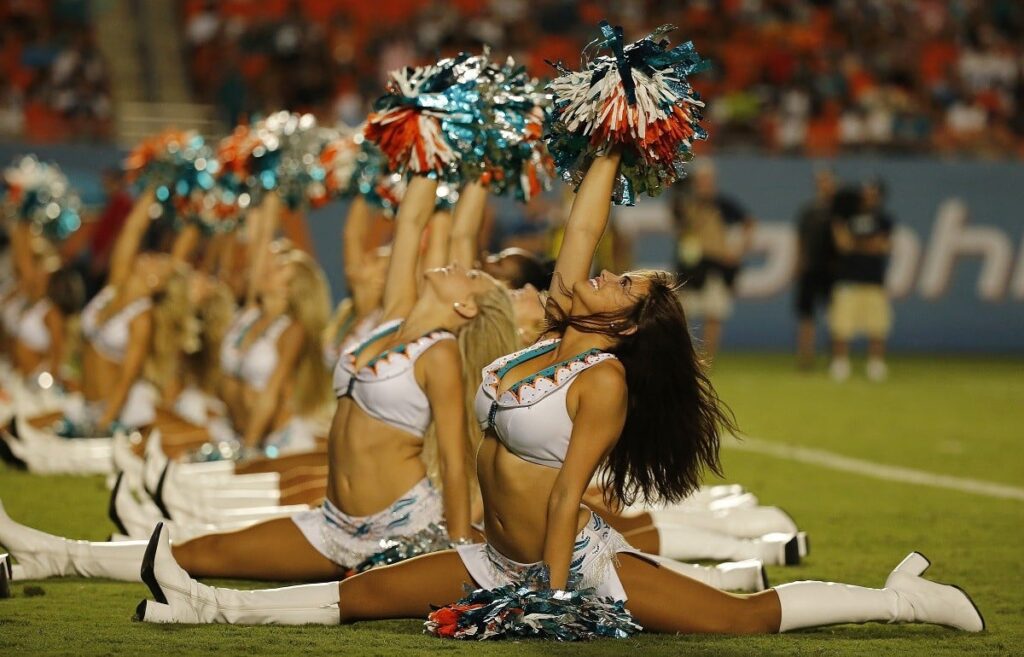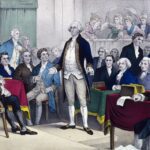Owning an NFL team has transformed from a mere fantasy into a lucrative investment opportunity. As franchise values skyrocket, the allure of commanding a professional football organization has never been more enticing. This article delves into the historical context of NFL ownership, the astonishing financial growth of franchises, and what today’s valuations reveal about the future of the sport.
Historic Bargains and Billion-Dollar Returns
Many current NFL owners continue to enjoy the benefits of purchasing their teams at incredibly low prices. Iconic franchises such as the Steelers, Giants, and Bears have experienced astronomical increases in value since their acquisitions.
- The Chicago Bears, purchased for just $100, now boast a valuation of $6.3 billion — a staggering increase of 6.3 billion percent.
- The New York Giants, originally bought for $500, are now valued at $7.65 billion.
- The Pittsburgh Steelers have grown from a $2,500 purchase to a staggering $5.5 billion asset.
Even more recent owners have realized significant returns:
- Robert Kraft acquired the New England Patriots for $172 million in 1994; they are now valued at $7.3 billion.
- Woody Johnson purchased the New York Jets for $635 million in 2000, with a current valuation of $6.8 billion.
- In 2009, Stephen Ross bought the Miami Dolphins for $1.1 billion; the franchise is now worth $6.76 billion.
Record-Breaking Sales in the 21st Century
The last decade has witnessed a series of remarkable franchise sales, setting new benchmarks across the league:
- In 2023, the Washington Commanders were sold for $6.05 billion, marking the highest sale price for any sports franchise to date.
- The Denver Broncos previously set an NFL record in 2022 when they sold for $4.65 billion to Walmart heir Rob Walton.
- In 2018, the Carolina Panthers were sold for $2.275 billion, which at that moment set a new high.
These rapid increases — from $2.275 billion to over $6 billion in just five years — underscore the accelerating growth of NFL franchise valuations.
2025 NFL Franchise Valuations and Ownership
Below is a comprehensive breakdown of every NFL franchise, detailing original purchase prices, current valuations, percentage increases, and current owners.
| Team | Original Purchase (Year) | Current Value (2025) | % Change | Current Owner(s) |
|---|---|---|---|---|
| Arizona Cardinals | $50K (1933) | $4.85B | 9,700,000% | Bidwill family |
| Atlanta Falcons | $545M (2002) | $5.90B | 983% | Arthur Blank |
| Baltimore Ravens | $600M (2004) | $5.12B | 753% | Steve Bisciotti |
| Buffalo Bills | $1.40B (2014) | $5.08B | 263% | Terry & Kim Pegula |
| Carolina Panthers | $2.27B (2018) | $5.13B | 125% | David Tepper |
| Chicago Bears | $100 (1920) | $6.26B | 6,260,000,000% | McCaskey family |
| Cincinnati Bengals | $7.5M (1967) | $4.71B | 62,700% | Mike Brown |
| Cleveland Browns | $987M (2012) | $5.14B | 421% | Jimmy & Dee Haslam |
| Dallas Cowboys | $140M (1989) | $10.32B | 7,271% | Jerry Jones |
| Denver Broncos | $4.65B (2022) | $5.49B | 18% | Walton-Penner Group |
| Detroit Lions | $4.5M (1964) | $4.93B | 109,300% | Ford family |
| Green Bay Packers | $50 (1923) | $5.39B | 10,780,000,000% | Public (Packers, Inc.) |
| Houston Texans | $700M (1999) | $6.01B | 758% | McNair family |
| Indianapolis Colts | $15M (1972) | $4.99B | 33,193% | Jim Irsay |
| Jacksonville Jaguars | $770M (2012) | $4.76B | 519% | Shahid Khan |
| Kansas City Chiefs | $25K (1960) | $5.43B | 21,720,000% | Hunt family |
| Las Vegas Raiders | $180K (1966) | $6.70B | 3,722,100% | Mark Davis |
| Los Angeles Chargers | $70M (1984) | $5.22B | 7,357% | Spanos family |
| Los Angeles Rams | $750M (2010) | $7.79B | 939% | Stan Kroenke |
| Miami Dolphins | $1.10B (2009) | $6.76B | 515% | Stephen Ross |
| Minnesota Vikings | $600M (2005) | $5.32B | 787% | Zygi Wilf |
| New England Patriots | $172M (1994) | $7.31B | 4,150% | Robert Kraft |
| New Orleans Saints | $70M (1985) | $4.79B | 6,743% | Gayle Benson |
| New York Giants | $500 (1925) | $7.65B | 1,530,000,000% | Mara & Tisch families |
| New York Jets | $635M (2000) | $6.80B | 969% | Woody Johnson |
| Philadelphia Eagles | $185M (1994) | $6.75B | 3,549% | Jeffrey Lurie |
| Pittsburgh Steelers | $2,500 (1933) | $5.50B | 220,000,000% | Rooney family |
| San Francisco 49ers | $13M (1977) | $6.86B | 52,769% | DeBartolo/York family |
| Seattle Seahawks | $194M (1997) | $5.59B | 2,780% | Allen Trust (Jody Allen) |
| Tampa Bay Buccaneers | $192M (1995) | $5.50B | 2,765% | Glazer family |
| Tennessee Titans | $25K (1960) | $5.29B | 21,160,000% | Amy Adams Strunk |
| Washington Commanders | $6.05B (2023) | $6.30B | 4% | Josh Harris Group |
The Green Bay Packers: A Different Kind of Ownership
Distinctive from other franchises, the Green Bay Packers are the only NFL team owned publicly, functioning as a non-profit organization. With over 537,000 fans holding shares that cannot be resold for profit or dividends, the Packers stand as a beloved pillar of the league. Founded in 1919 and officially incorporated as a non-profit in 1923, they are now worth $5.39 billion, benefiting from the revenue-sharing model and the continued popularity of Lambeau Field.
Final Thoughts
From their humble beginnings to becoming billion-dollar giants, NFL franchises symbolize the pinnacle of sports ownership. The league’s robust business structure — backed by national media deals, stringent salary caps, and limited franchise availability — positions ownership as a near-foolproof investment. As valuations continue to rise, acquiring an NFL team remains a significant aspiration, albeit a challenging one.

Meet William, a proud Bethel University alumnus with a fervent passion for lifestyle and culture topics. His keen interest doesn’t stop there; he’s also deeply engrossed in current events of all kinds. William dedicates himself wholeheartedly to this site, thriving on the collaborative energy he shares with Suzanne, his long-standing partner in crime.
Having navigated their university courses side by side for years, their teamwork on the site is nothing short of dynamic. Together, they bring a unique blend of insights, proving that two heads are indeed better than one in delivering compelling content.













